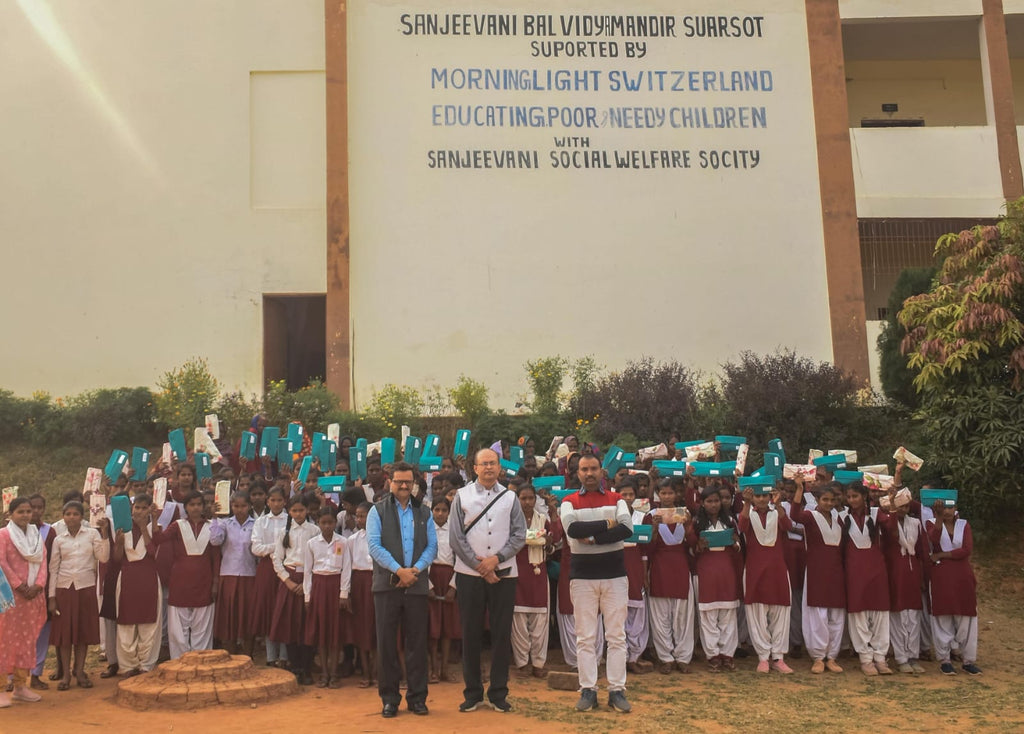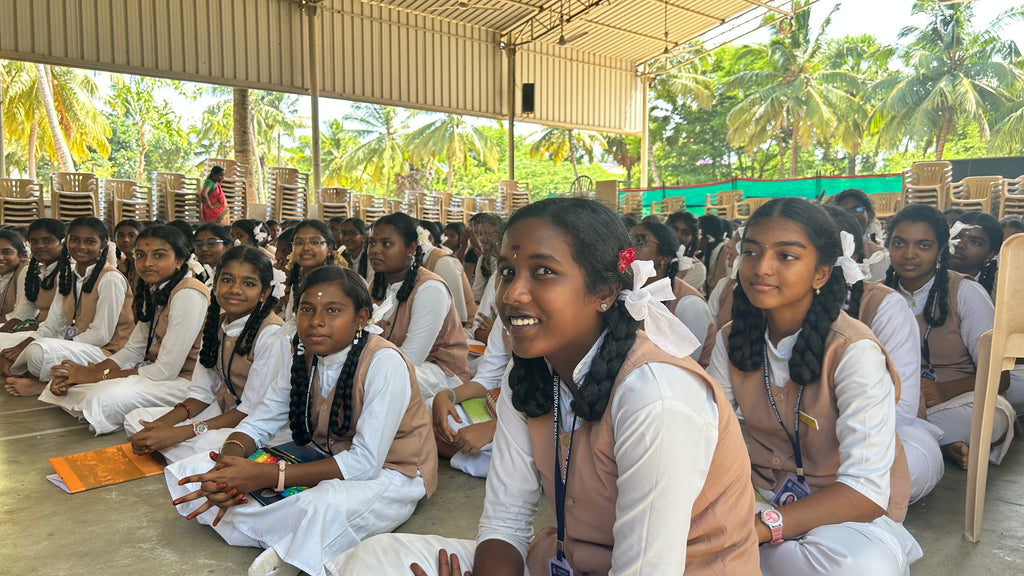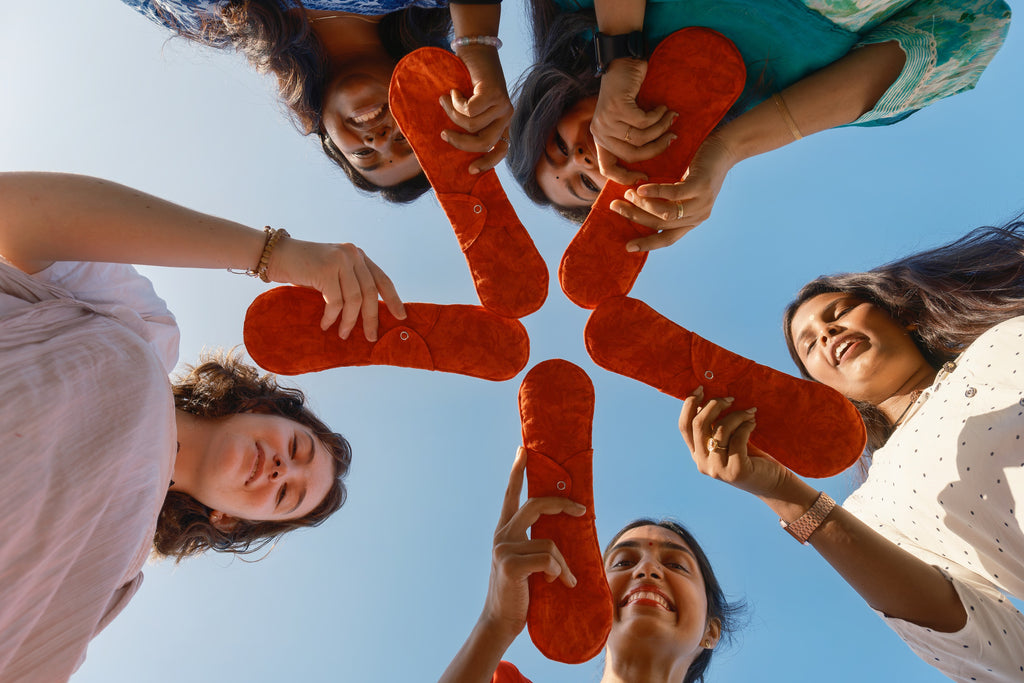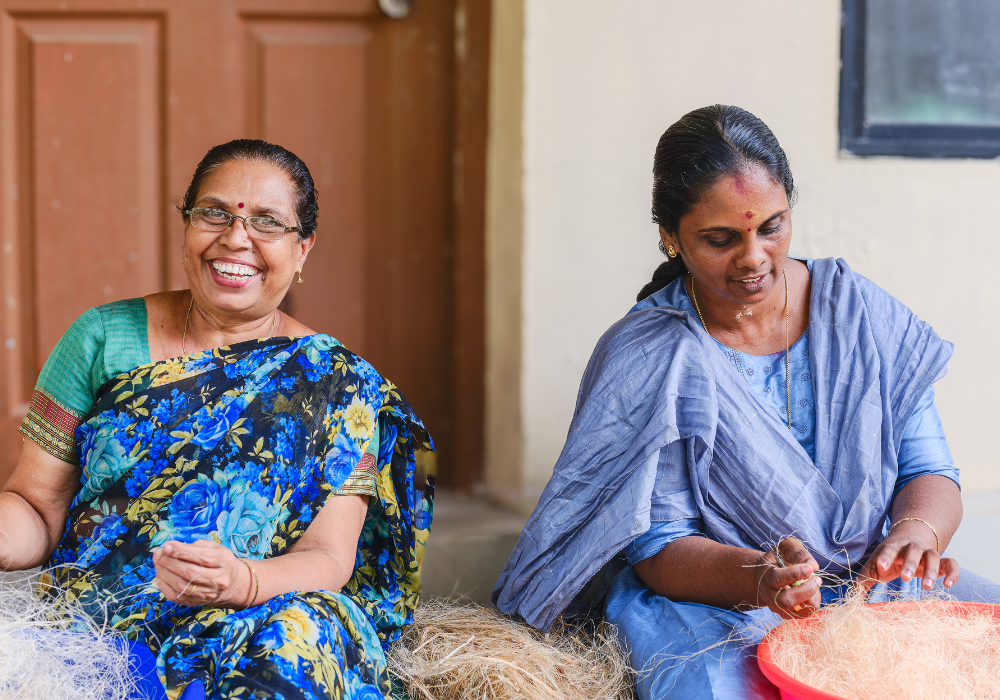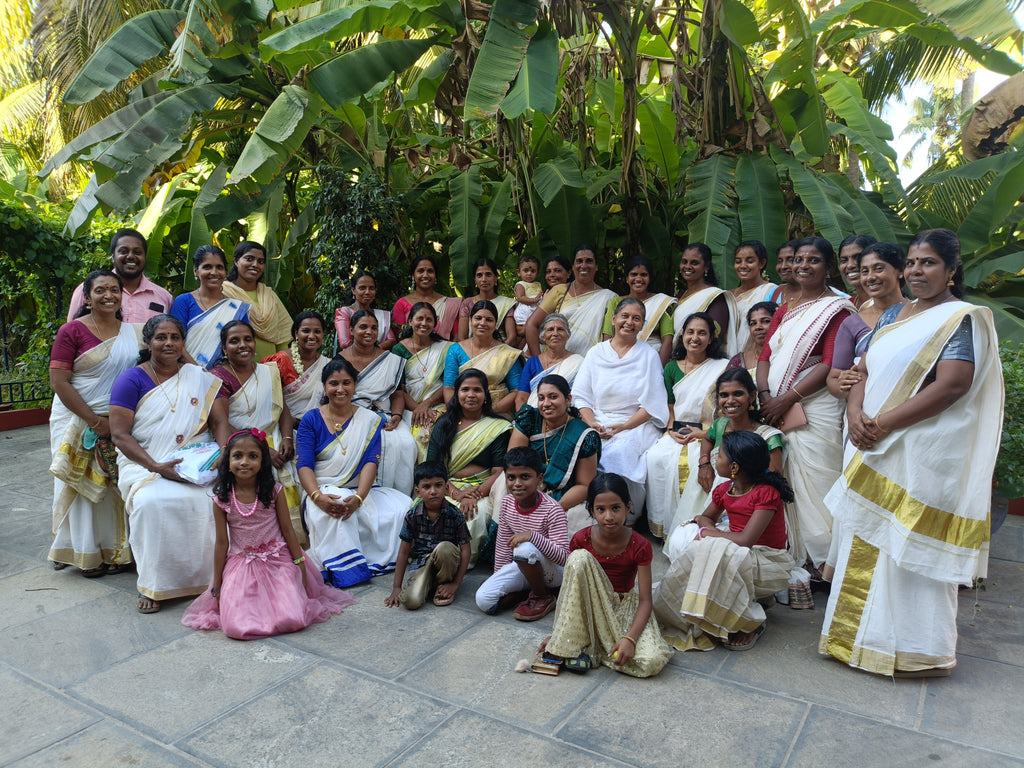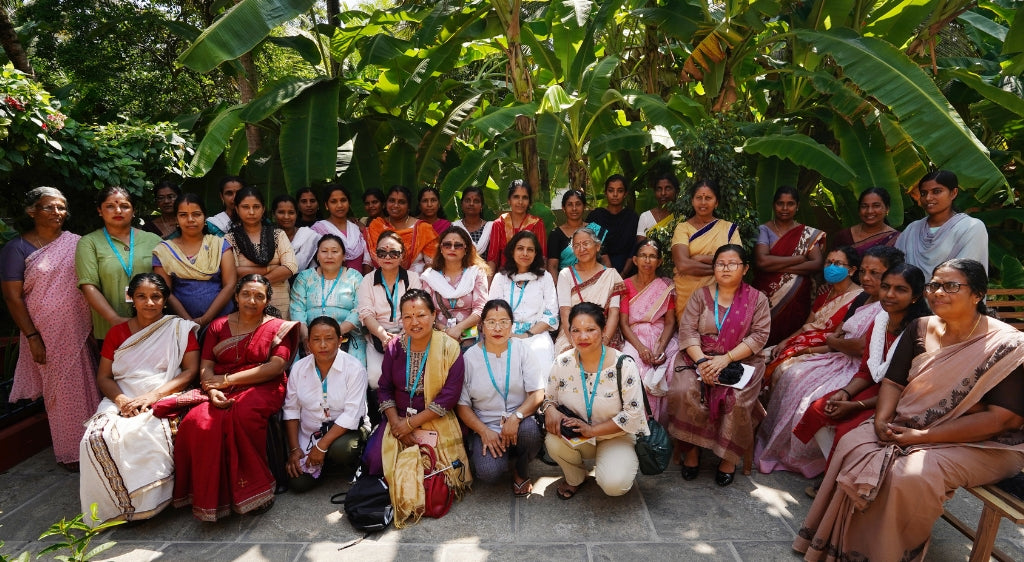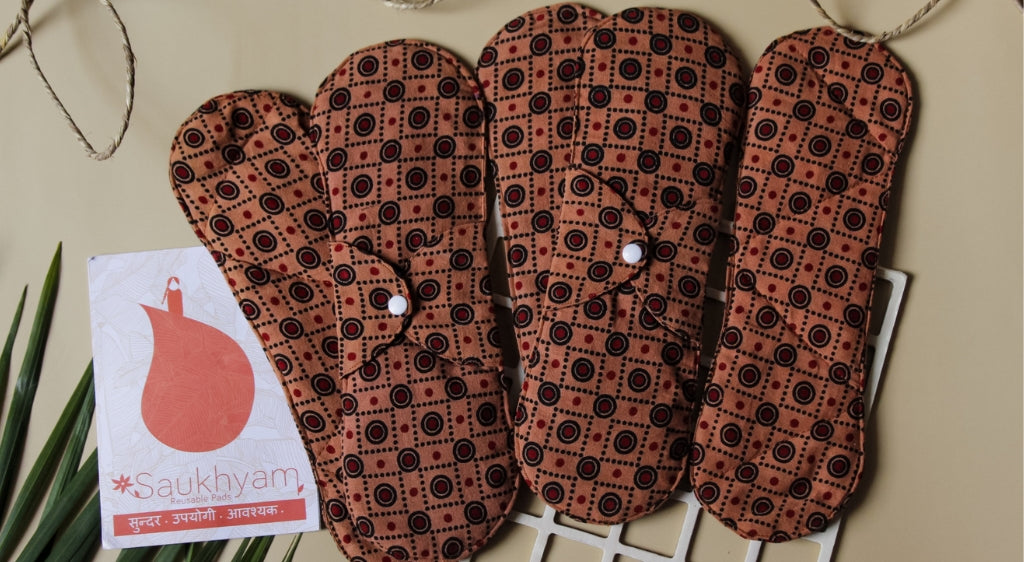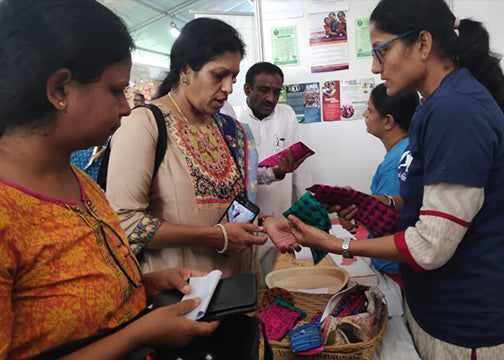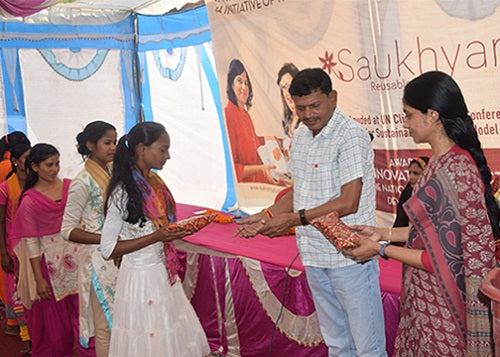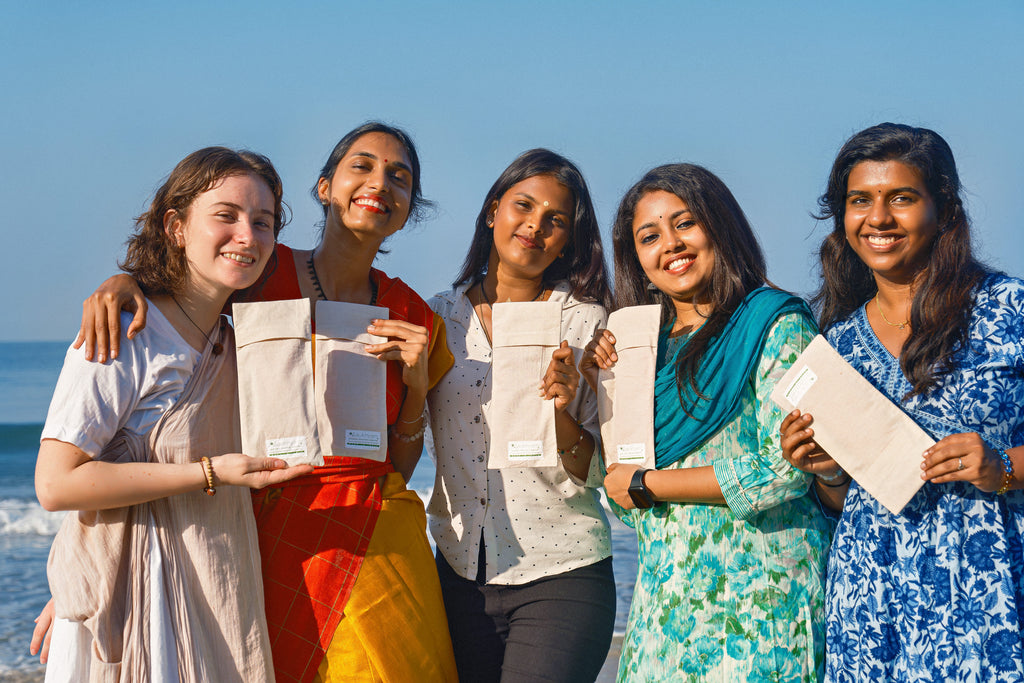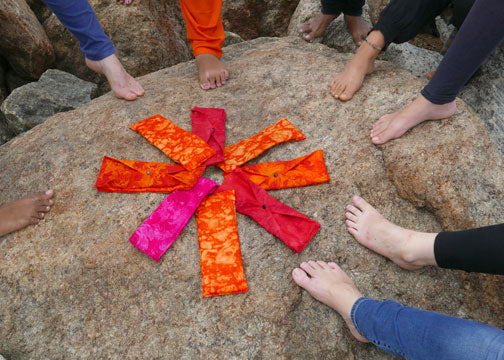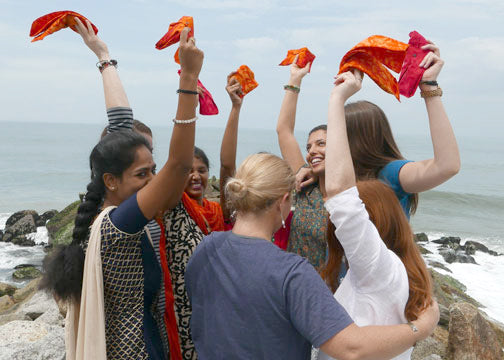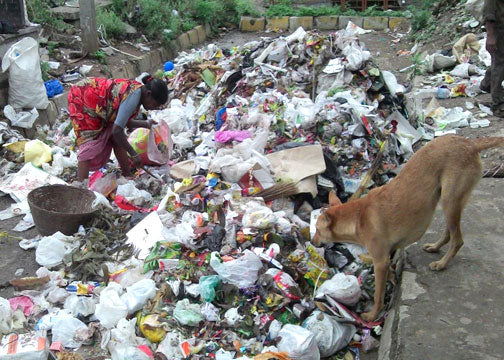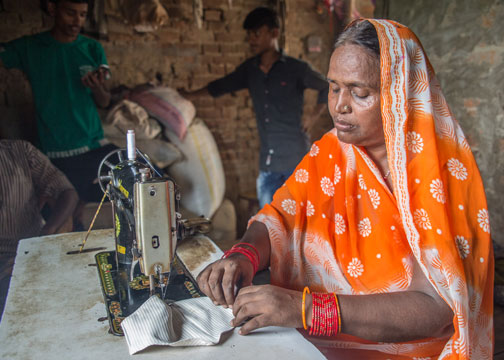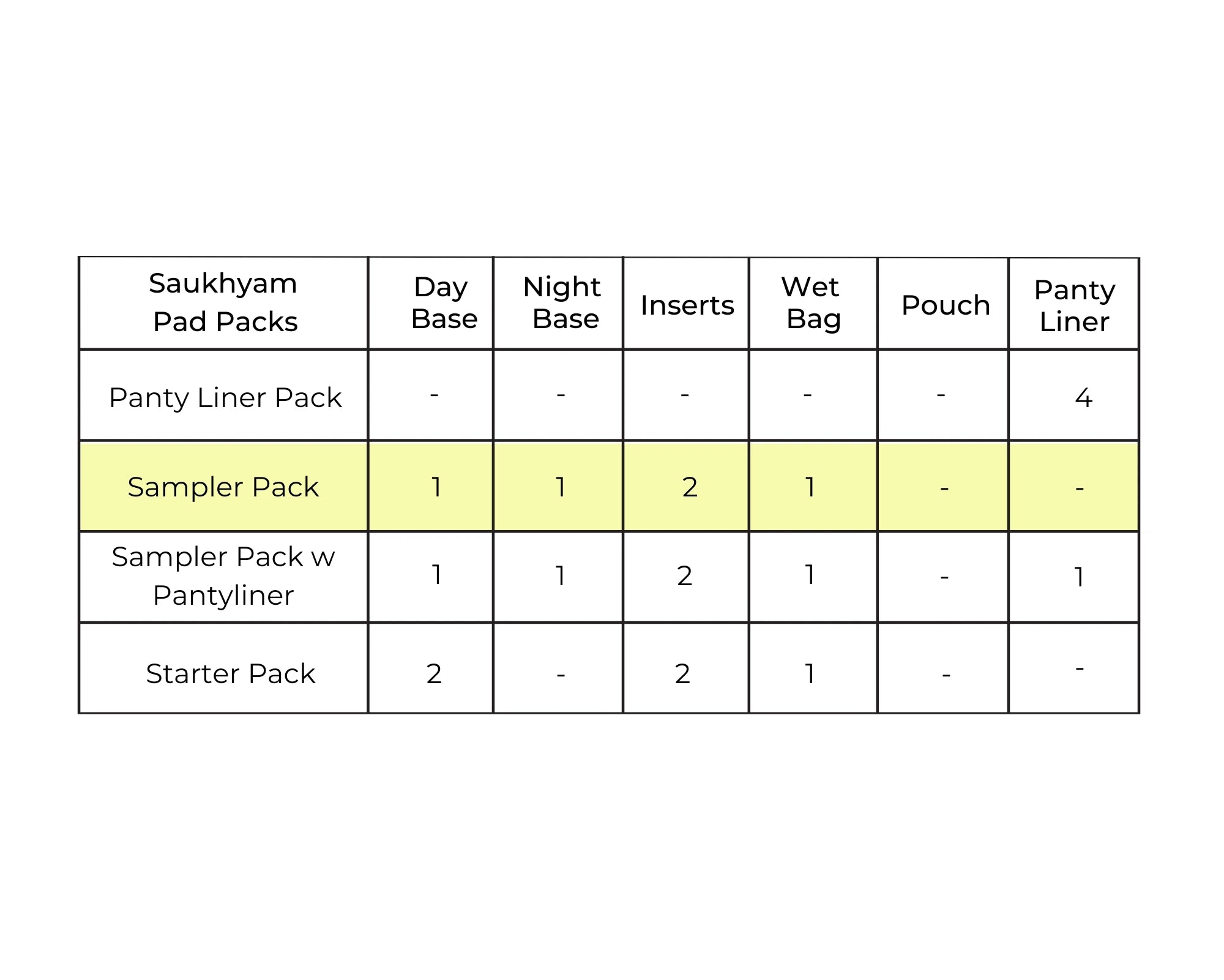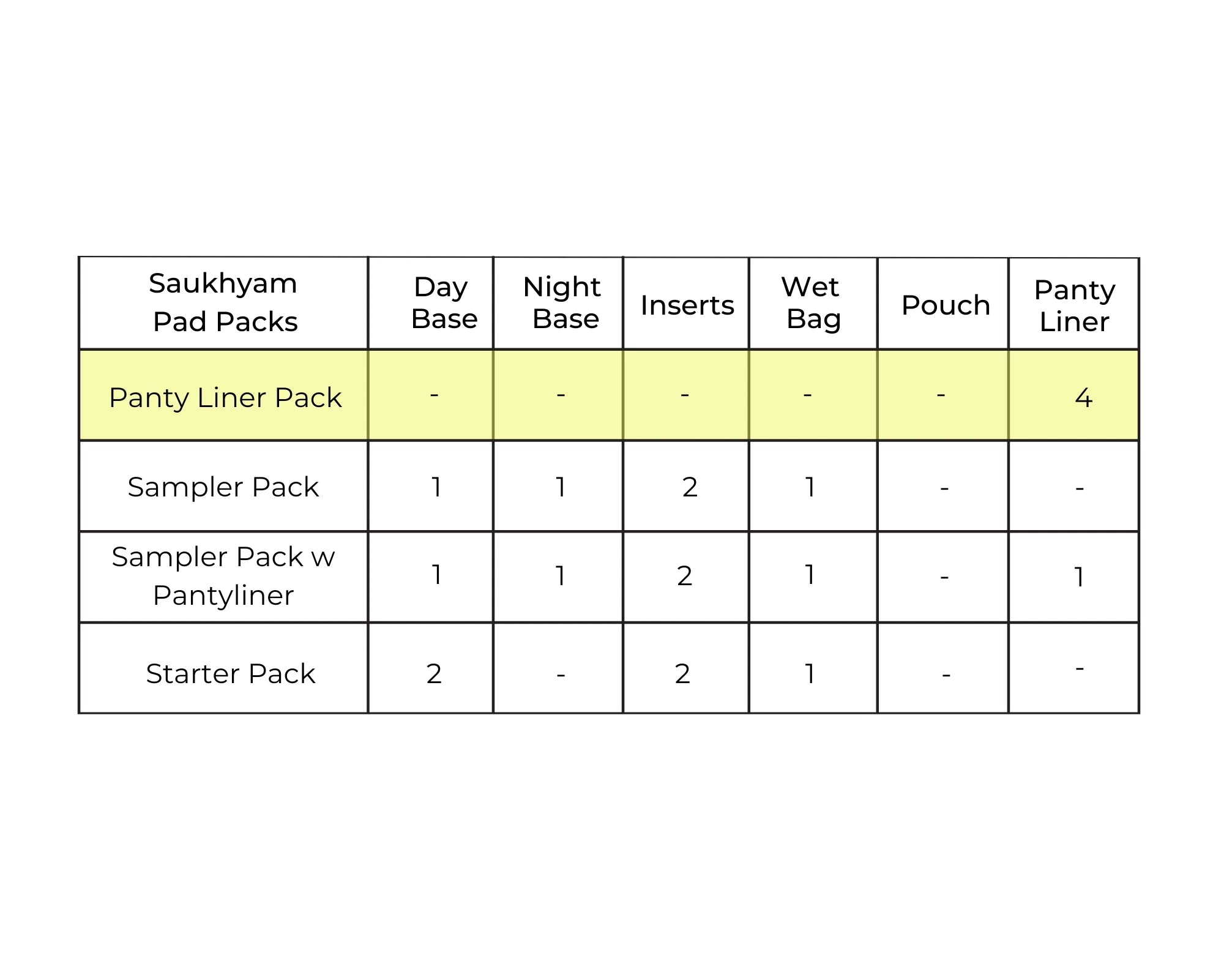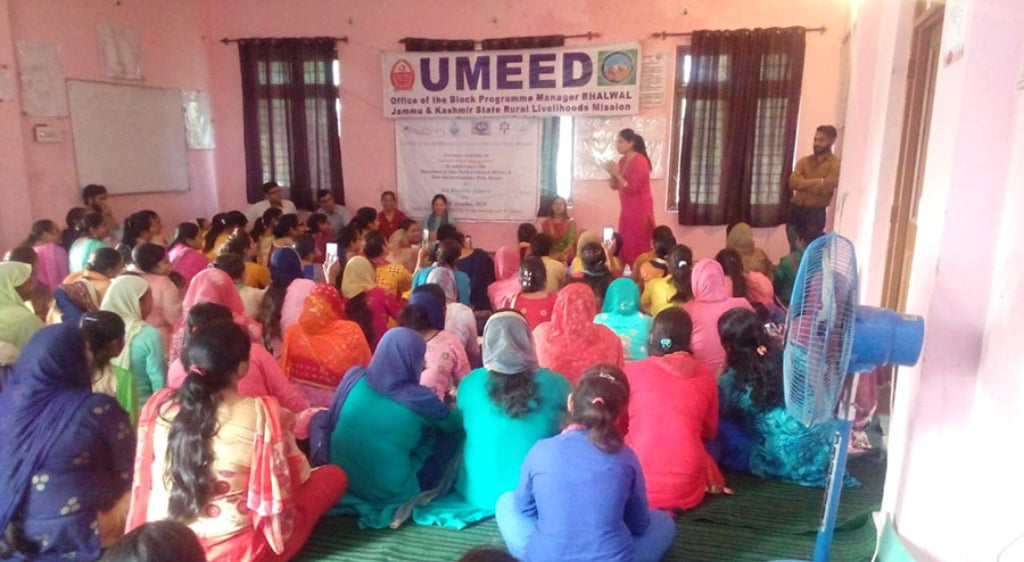
Saukhyam Workshops in Jammu

Awareness workshop on Sanitary Waste management in Jammu evolved into a multifaceted program to promote reusable pads, generate livelihoods for women, and reduce pollution.
Awareness workshop to multifaceted program
It just started as an awareness workshop regarding Sanitary Waste management which has turned into a multifaceted program to encourage the shift to reusable pads, create a livelihood for the women in Jammu and of course, ensure decreasing the pollution on our precious planet.
Saukhyam strives to engage in various programs and collaborate with different organizations to create awareness about reusable pads and make it conveniently available to women all over the world. One of the major issues our generation and the ones before us face is the taboo surrounding menstruation and the lack of information exchange. We strongly believe every menstruating person has the right to basic sanitary hygiene products as it is a naturally occurring cycle and procuring pads shouldn’t be a major discomfort. This is the main reason why we conduct workshops.

Jammu Pollution Control Board and Saukhyam Initiative
Thankfully this initiative by Anuradha, a scientist from JKSPCB introduced Saukhyam reusable pads as a healthy and sustainable alternative instead of disposable pads and helped us encourage the girls attending the workshop to make a switch. The main purpose of these workshops is not only to create awareness about menstrual hygiene but sensitize the attendees towards the harmful effects of disposable pads and plastics on our bodies as well as the environment. Such enriching workshops were conducted in colleges and rural areas by the Jammu Pollution Control Board and Saukhyam and it makes us extremely proud because the efficiency of the workshops managed to give over 100 women, both college girls and women in rural areas, the confidence to make the shift to reusable pads.
During the beginning of 2020, Saukhyam also provided training to members of the Umeed self-help group, which is the Jammu State Rural Livelihood Mission. Currently, the training is being forwarded to handpicked women. Thanks to Sonal Sharma, program manager at Umeed, the implementation of this program is being conducted smoothly. Hence, not only did we motivate women in Jammu to shift to reusable pads, but simultaneously also generated employment for women in rural areas who are provided raw materials by the Saukhyam team.

Over the next five years, the team aspires to have lakhs of women from not only Jammu but also Kashmir and Ladakh regions make the shift to reusable pads. Juhie Mohan, a PhD scholar and a radio jockey is recording awareness videos in Dogri, because even today awareness about reusable menstrual products remains low. Hence, we are putting in our best efforts to reach out to as many people as possible.
About 336 million girls and women experience menstruation in India, which means that approximately 121 million of them are using disposable sanitary napkins. This means, as pointed out by the Clean India journal, 432 million pads are being generated annually in India, resulting in 9000 tons of sanitary waste. (Rosheena Zehra, The Quint)
To provide you with a perspective with a rather small number, even if only 50 lakh women made the shift, to begin with, it would help reduce the emission of 29,000 tons of CO2 equivalent annually! Furthermore, help eliminate 6,25,000 tons of non-biodegradable menstrual waste that would have otherwise polluted the planet for hundreds of years.

